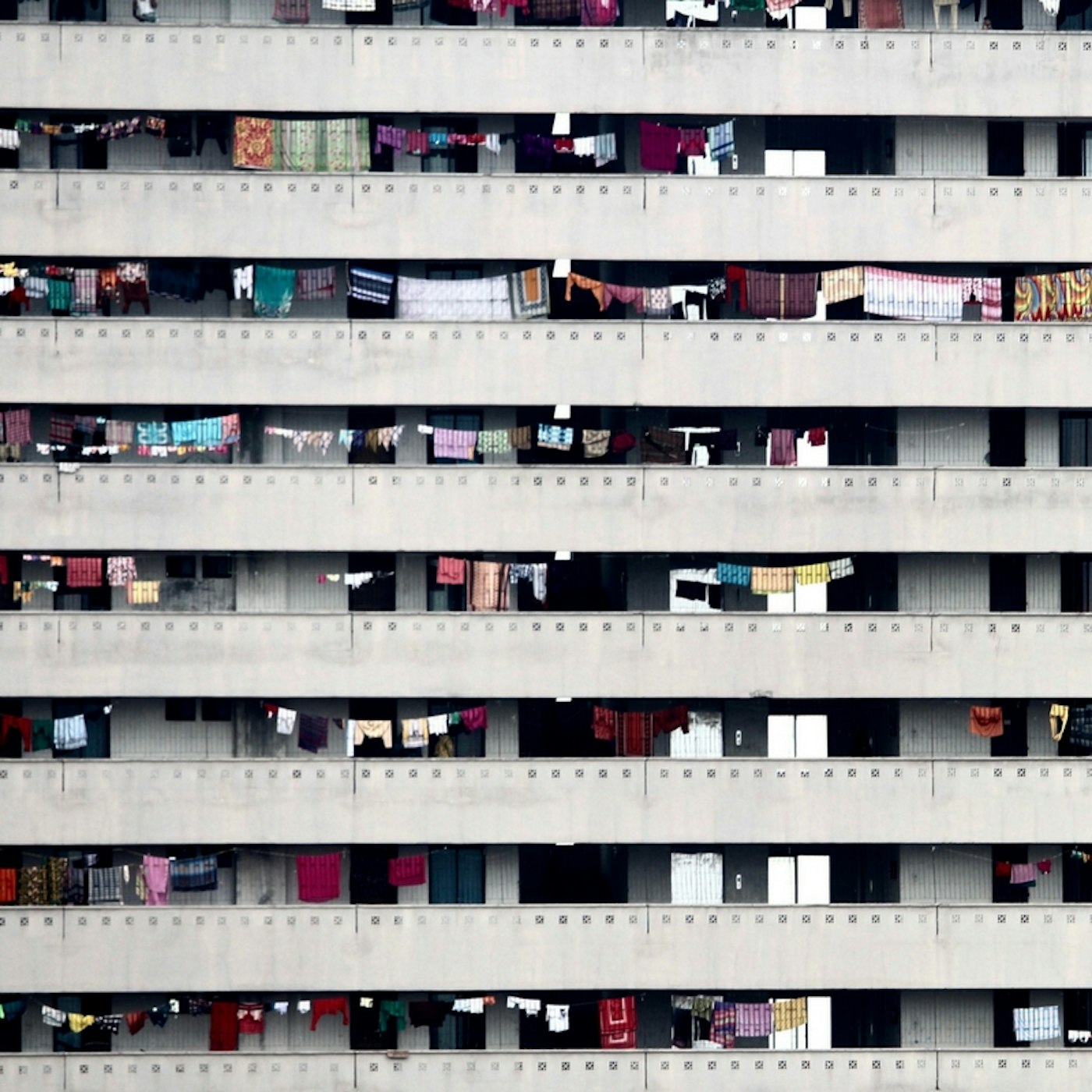‘What do you mean you can’t get good quality towels?!
Why are the kids clothes so bad?
Why has nothing gotten better since I was last here over a decade ago?!’
I couldn’t believe my own relatives were living a considerably lower quality of life than me when we’re essentially the same.
‘Naju…’ (using my family name, helping my privileged self to understand something they’ve lived with their whole lives)
‘Bangladesh being poor benefits the world. We make things that are cheap for everyone else. If our country got richer and fairer, prices would increase everywhere else. There are other reasons too. But it’s not an accident this country is hopeless.’
My heart sunk deeper.
All those H&M clothes, Primark, high street stores galore.
But not just high street, high-end brands too.
Made in Bangladesh.
80% of Bangladesh’s exports are clothes. Cheap clothes.
We’re all aware that buying them is bad. But seeing it directly affect my family is a whole new level of f****** low. I went from feeling sad to angry. Half of my suitcase on this trip was filled with gifts for them. We take back coffee, tea, good quality clothes, underwear, towels, toys for the kids, stationary, soft blankets for my grandma…Basically, everything we can buy in the west is a million times better than what they have access to buy. And yet they make it.
‘Are you sure you can’t get a blanket this soft from here?!’ I asked again while stroking the fleece blanket covering my grandma as she slept, that someone had gifted her from Primark.
‘No, definitely not. They just don’t make that here.’
I looked at the label.
They definitely bloody did.
Just not for them.
